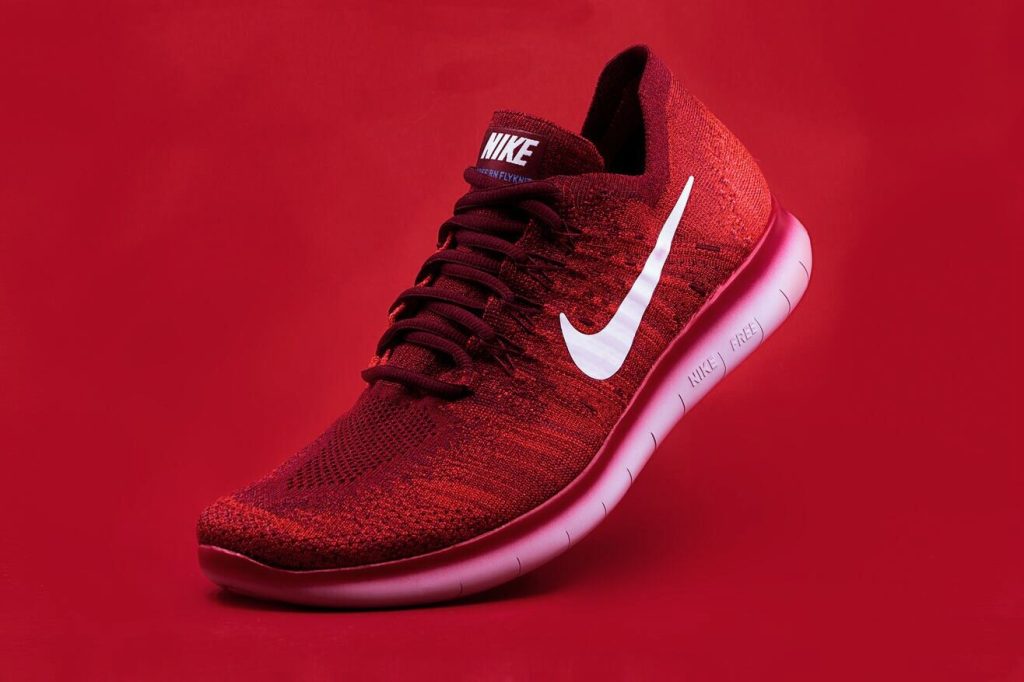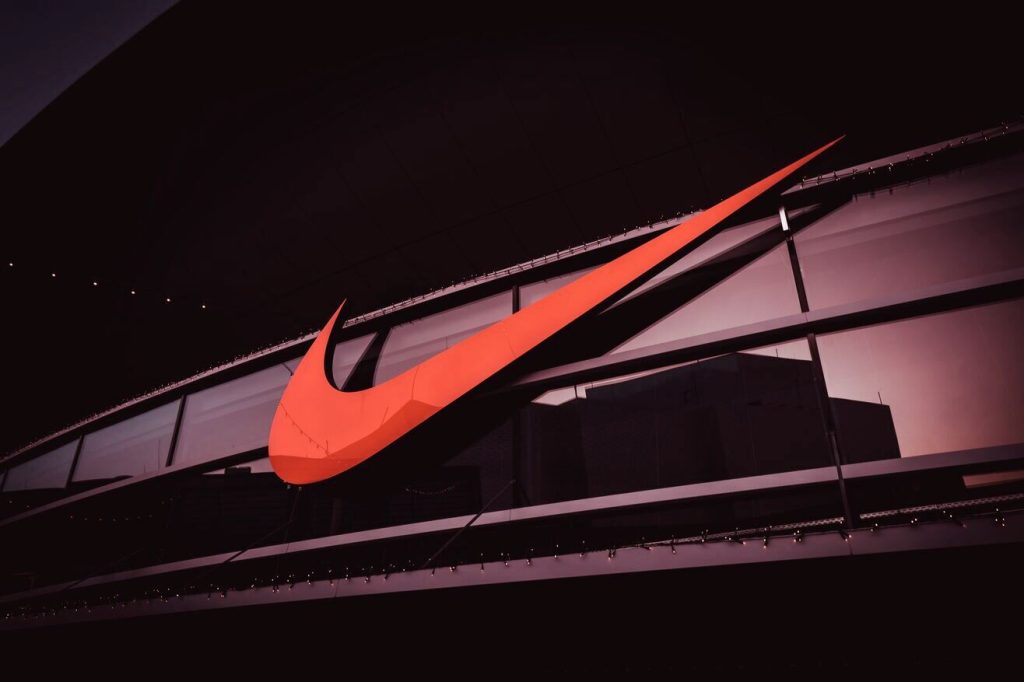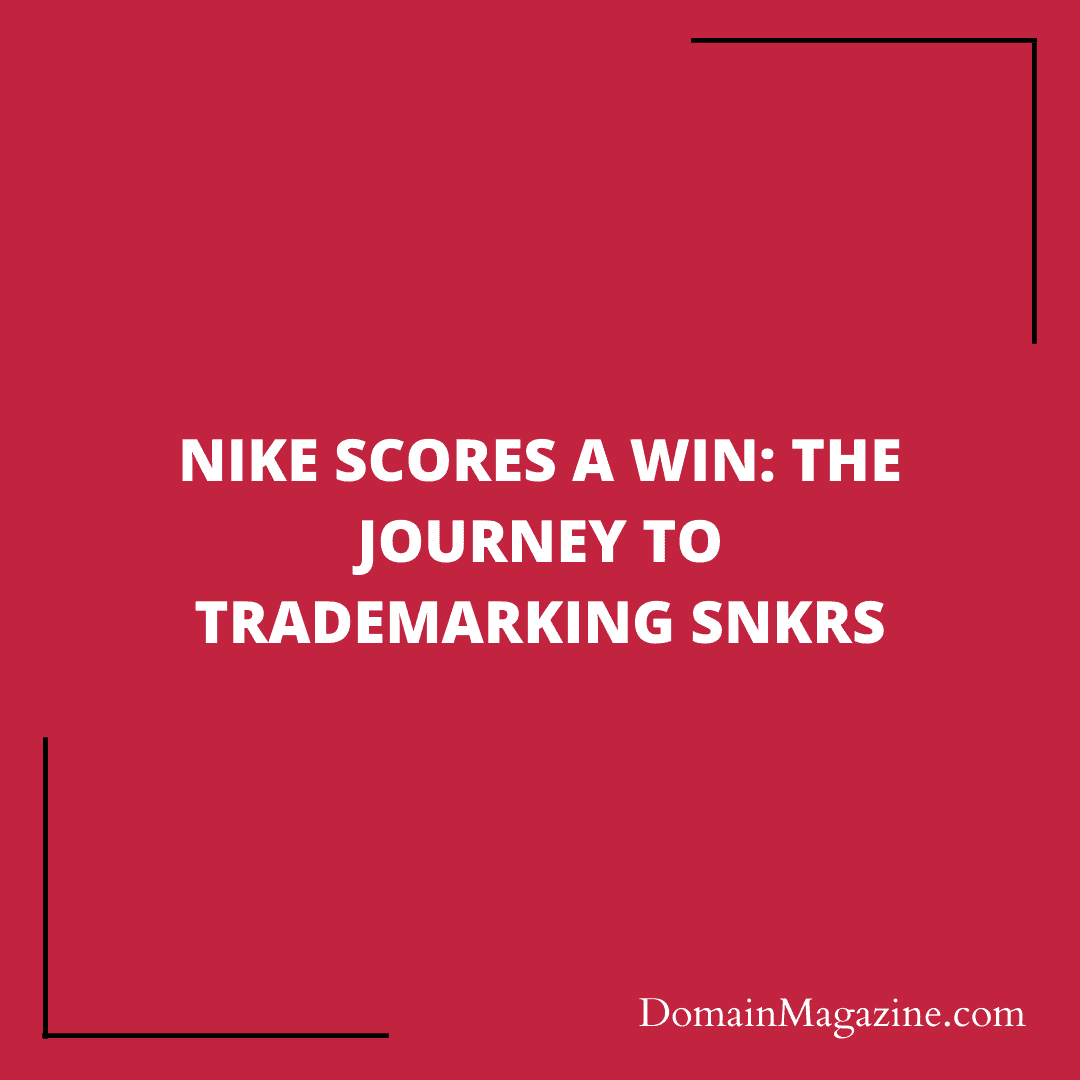Introduction
Nike, the global sportswear giant, has achieved a significant victory in its quest to register trademarks for its SNKRS-centric products and services. After facing initial refusals from the U.S. Patent and Trademark Office (USPTO), Nike’s determination paid off as a panel for the USPTO’s Trademark Trial and Appeal Board (TTAB) reversed the earlier decisions. This article delves into the fascinating journey of Nike’s efforts to trademark “SNKRS,” exploring the challenges, evidence presented, and the concept of acquired distinctiveness.
The Battle Over Genericness

The first hurdle for Nike was convincing the TTAB that “SNKRS” was not a generic term for sneakers, as generic terms cannot be registered as trademarks. The USPTO’s examining attorney had presented compelling evidence to establish “sneaker(s)” as a generic term for retail services featuring sneakers. However, the TTAB panel delved deeper into whether “SNKRS” was perceived as a generic term or a trademark indicating Nike as the source of the services.
Evidence of Trademark Use
To counter the genericness argument, Nike produced a wealth of evidence demonstrating that “SNKRS” was recognized as its trademark by consumers and third parties. Numerous articles referred to the SNKRS platform using “SNKRS” as a brand name and “sneakers” when mentioning footwear. Additionally, a survey conducted by a marketing professional showed that a majority of respondents identified “SNKRS” as a brand name, bolstering Nike’s case.
The Rise of Disemvoweled Marks
An intriguing aspect of Nike’s argument was its focus on “disemvoweled” marks, where vowels are dropped from words to create brand names. Nike pointed to a 2020 New York Times article that highlighted how consumers rapidly understand implied meaning in such marks. Examples of other disemvoweled marks like FLICKR, TUMBLR, and GRINDR were presented as evidence to support this trend.
The Power of Acquired Distinctiveness

While proving non-generic status was vital, Nike’s battle didn’t end there. The TTAB emphasized that the term “SNKRS” closely resembled the word “sneakers,” making it highly descriptive of Nike’s services. Thus, the burden to establish acquired distinctiveness was commensurately high.
The Arsenal of Acquired Distinctiveness
Nike strategically showcased its extensive advertising and promotional efforts on platforms like Apple Search Ads, Facebook, Instagram, Snapchat, Google, YouTube, and Twitter. These marketing campaigns played a significant role in demonstrating that “SNKRS” had become associated with Nike’s offerings in the minds of consumers. Moreover, impressive sales figures, including millions of orders through the SNKRS platform and significant year-over-year growth, were presented as evidence of the mark’s acquired distinctiveness.
The Verdict: Victory for Nike
After considering all the evidence, the TTAB ruled in favor of Nike, stating that it had successfully proven the acquired distinctiveness of “SNKRS.” The USPTO’s initial refusal on the grounds of genericness and lack of distinctiveness was reversed. As a result, both applications for the SNKRS marks will proceed to publication with the USPTO.
The Future Challenges
While this victory is significant, Nike’s journey might not be over. With its SNKRS marks proceeding towards registration, other footwear manufacturers may seek to oppose these registrations, fearing the impact on their own operations in the competitive sneakers market. Nevertheless, Nike’s success in this case sets a precedent for the power of acquired distinctiveness in protecting unique brand names.
Conclusion
Nike’s win in its quest to trademark “SNKRS” marks a milestone in the battle for brand recognition and protection. The company’s meticulous presentation of evidence highlighting the distinctive nature of its mark and the emerging trend of disemvoweled marks proved crucial in convincing the TTAB. As Nike’s SNKRS marks proceed towards registration, it reaffirms the importance of acquiring distinctiveness to secure trademark rights in the dynamic and competitive world of fashion and retail.


Join the Discussion